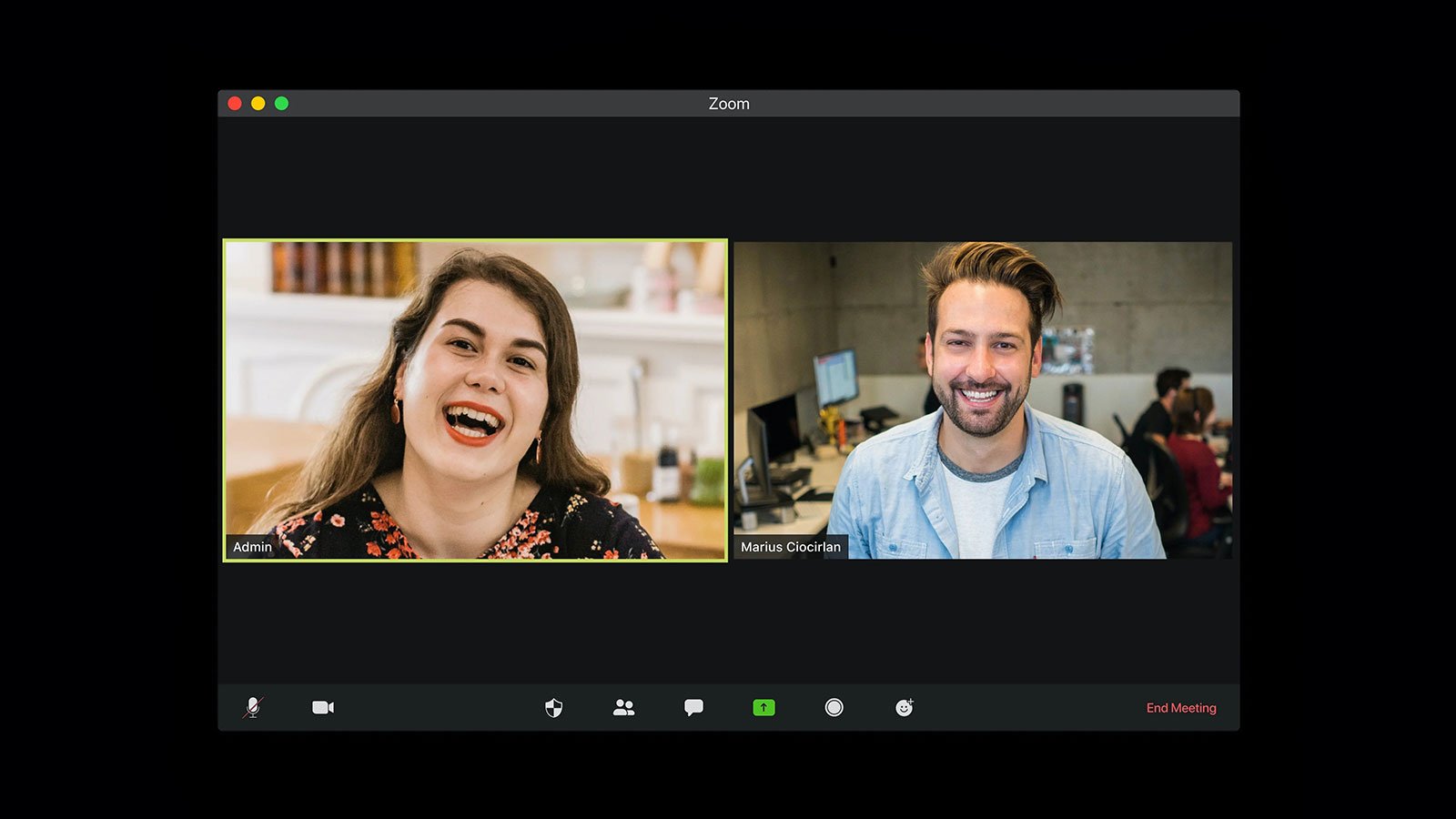It’s Time Employers Start Seeing Themselves as Caregivers

To say we’ve been through a lot this past year is an understatement. We are living through history. From a raging pandemic that has killed millions of people around the world to rampant racial inequity, extreme political divides, and economic instability, the global workforce has never been so anxious, depressed, and distracted. If the outside world weren’t stressful enough, home life, for many, is not much better.
Today, 53 million Americans are acting as caregivers, a 23% increase in the last six years alone. From children participating in remote schooling to elderly parents moving home due to the safety concerns of long-term care facilities, the boundaries between professional and personal lives have blurred, and it’s having a major impact on the emotional and financial wellbeing of many employees. According to our own member data, there has been a 123% increase in parental concerns since the start of the pandemic around sensory issues in children ages birth to three. Parental concerns regarding self-harm behavior increased 34% in children six to ten years old, and behavioral issues went up 33% in high school students.
The National Alliance for Caregiving and AARP reported recently that 61% of working caregivers say helping loved ones has impacted their employment situation. Fifty-three percent of caregivers report going in late, leaving early, or taking time off to accommodate their loved ones, leaving little to no time for themselves and their own self-care. From access to childcare, tutoring services, estate and financial planning and medical assessments, the amount of resources and expertise a family caregiver needs is an all-consuming journey, and it’s expensive.
The pandemic has taken this invisible workforce and illuminated their struggles, shining a light on the difficult notion that none of us are immune to sudden caregiver responsibilities. Yet during a time when so much of our reality is out of our control, the basic human act of caring for one another is the antidote to moving forward.
It’s no surprise that, in the corporate world, creating a culture of caring is now an urgent priority for HR executives. As part of that effort, investing more on employee wellbeing benefits makes the top of the list. Two of Harvard Business Review’s top 9 work trends for 2021 confirm the importance of this movement. “Supporting employees in their personal lives more effectively enables employees to not only have better lives but also to perform at higher levels.” Employers who shifted from a focus on employee experience to a more holistic, life experience saw a 23% improvement in physical health, a 17% improvement in mental health, and a 21% increase in the number of high performers.
But creating a culture of caring isn’t as simple as doling out half day Fridays or monthly, virtual happy hours. Today, employers need to start seeing themselves as the caregivers of their own workforce, responsible for supporting their employees through major life events. And it’s going to take more than a handful of flashy perks to fill those shoes.
Read the full article in HR Dive.



